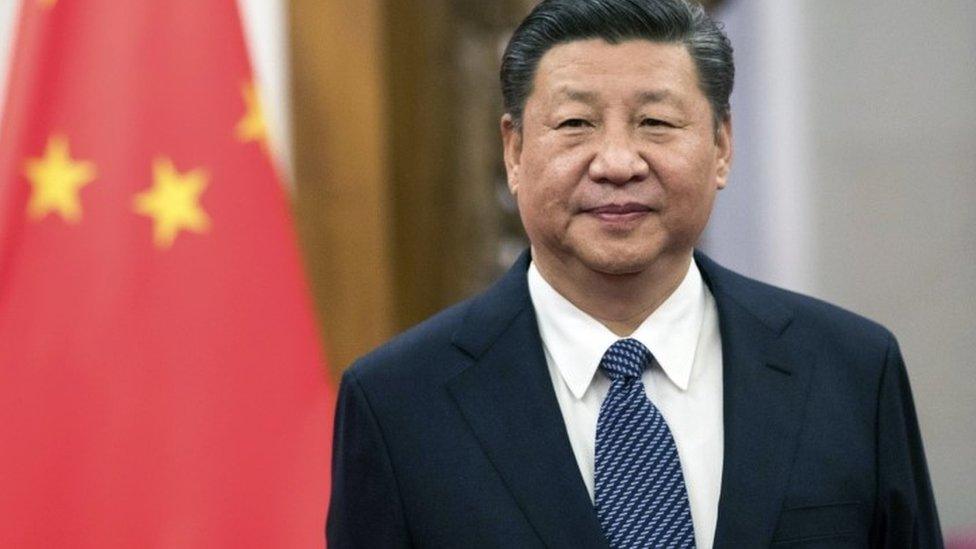- Courses
- GS Full Course 1 Year
- GS Full Course 2 Year
- GS Full Course 3 Year
- GS Full Course Till Selection
- Answer Alpha: Mains 2025 Mentorship
- MEP (Mains Enrichment Programme) Data, Facts
- Essay Target – 150+ Marks
- Online Program
- GS Recorded Course
- Polity
- Geography
- Economy
- Ancient, Medieval and Art & Culture AMAC
- Modern India, Post Independence & World History
- Environment
- Governance
- Science & Technology
- International Relations and Internal Security
- Disaster Management
- Ethics
- NCERT Current Affairs
- Indian Society and Social Issue
- NCERT- Science and Technology
- NCERT - Geography
- NCERT - Ancient History
- NCERT- World History
- NCERT Modern History
- CSAT
- 5 LAYERED ARJUNA Mentorship
- Public Administration Optional
- ABOUT US
- OUR TOPPERS
- TEST SERIES
- FREE STUDY MATERIAL
- VIDEOS
- CONTACT US
16th Finance Commission
16th Finance Commission
Context:
- The Government of India, following Article 280(1) of the Constitution, has formed the 16th Finance Commission with Dr. Arvind Panagariya as its Chairman.
What is the Finance Commission?
- The Finance Commission is a Quasi-Judicial constitutional body in India formed every five years under Article 280 of the Constitution.
- "Quasi-judicial" means the Finance Commission has the authority to make significant decisions regarding the division and allocation of tax revenues, which is similar to the authority of a court, but it's not a full-fledged judicial body.
- The first Finance Commission in India was constituted in 1951 with K C Neogy as its chairman.
- Its primary function is to recommend how the tax revenue should be divided between the Centre and the States, and also among the States themselves.
- Its recommendations are advisory, not binding, although they are typically accepted by the government.
- Members are eligible for re-appointment to maintain expertise and continuity.
Key Functions of Finance Commission:
- Tax Devolution: It recommends how to share the money collected as taxes between the central government and the states.
- Grants-in-Aid: It figures out the rules or principles for giving extra money from the central government to the states.
- Boosting State Funds: It gives ideas on how states can get more money to help local groups like panchayats and municipalities, using recommendations from State Finance Commissions.
- Additional Financial Matters: It looks into any other financial issues or tasks referred by the President for advice or recommendations.
What is the qualification and selection procedure for members of the Finance Commission?
- There is no specific qualification or selection procedure mentioned in Constitution. The power has been given to parliament to decide the same.
- The Parliament enacted a law in 1951 outlining the composition and functioning of the Finance Commission, including provisions related to the qualifications and appointment of members.
- Unlike some other bodies, there isn't a specific committee formed to select members of the Finance Commission.
- Criteria for Chairman: The Chairman should typically have experience in public affairs, capable of leading the Commission effectively.
- Criteria for 4 Other Members:
- A judge from a high court or someone qualified to hold that position.
- An individual with specialized knowledge of government finance and accounting.
- Someone with extensive experience in financial matters and administration.
- An expert with special knowledge in economics.
16th Finance Commission:
- It has been constituted for a period of five years from April 1, 2026.
- 15th Finance Commission had to provide its report in 2 phases due to Covid-19 which included:
- Phase 1 between April 1, 2020 to March 31, 2021
- Phase 2 between April 1, 2021 to March 31, 2026.
Comparison between 14th and 15th Finance Commission in Tax Devolution among States:
Criteria used for Distribution |
14th Finance Commission |
15th Finance Commission |
Explanation |
|
Income-Distance |
50% |
45% |
"Income distance" is how much richer or poorer different states are compared to the average income of the whole country. The idea is to provide more money to poorer states. |
|
Area |
15% |
15%
|
Allocation of funds based on state's geographical area i.e. larger states to get more funds |
|
Population |
17% (as per Census 1971 ) |
15% (as per Census-2011) |
Allocation of More funds to more populous state. Southern states were unhappy as they have taken population control measures after 1971 and they will get lesser funds due to having lesser population when Census 2011 data is used. |
|
Demographic Change |
10% (as per Census 2011) |
12.5% (Demographic Performance) |
Demographic Change represents change in the population which may occur due to migration. 15th FC has taken Demographic Performance which represents how well a state handles things related to its population. So, states who control their population get rewarded in this parameter. |
|
Forest Cover |
8% |
10% |
States with more forest cover get moe fund to encourage sustainable development |
|
Tax Effort |
|
2.5% |
Tax effort assesses how well a government is utilizing its capacity to collect taxes. 15th FC rewards states which effectively collect taxes. |
The Terms of Reference (ToR) for the 15th Finance Commission:
- Deciding the distribution of Tax and Grant-in-aid.
- Finding ways to increase the funds for State Governments to support their local bodies (PRI/ULBs). Also, providing grants to all tiers of Panchayati Raj.
- Using the 2011 Census data for calculations and recommendations.
- Recommending incentives based on state governments' performance, like reducing population growth and stopping misuse of resources.
- Recommending measures for better financial discipline for both Union and State governments.
- Suggesting ways to finance disaster management initiatives.
- Suggesting ways to allocate funds for defence and internal security, especially non-lapsable funds.
- Deciding on an award for the Union Territory of Jammu and Kashmir as a new UT has been formed.



